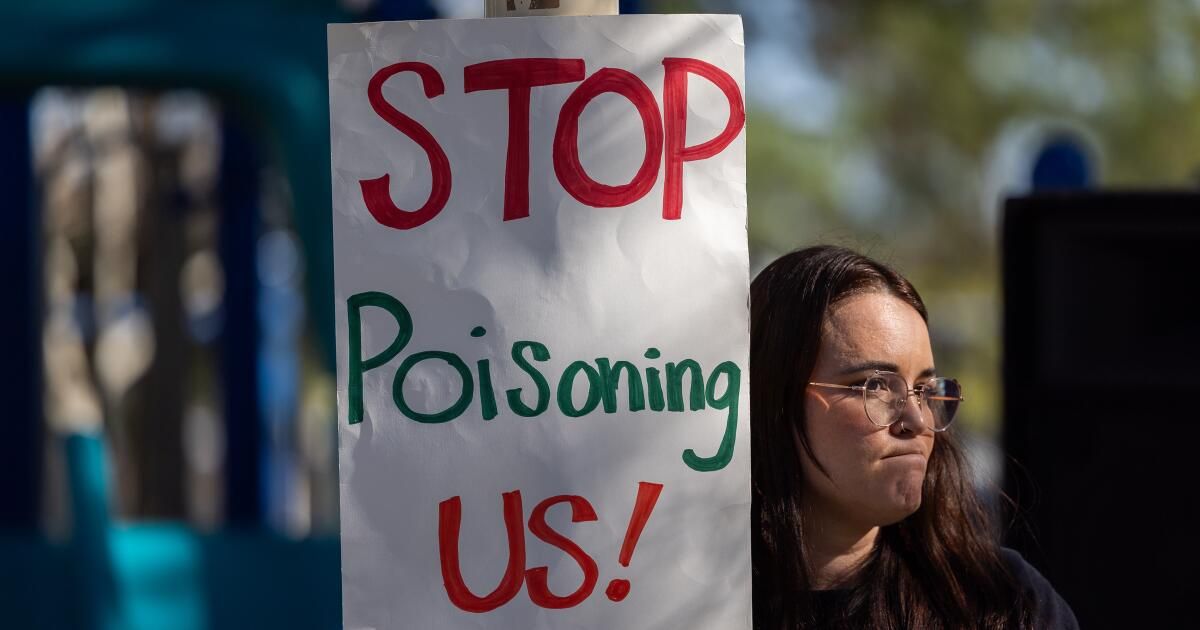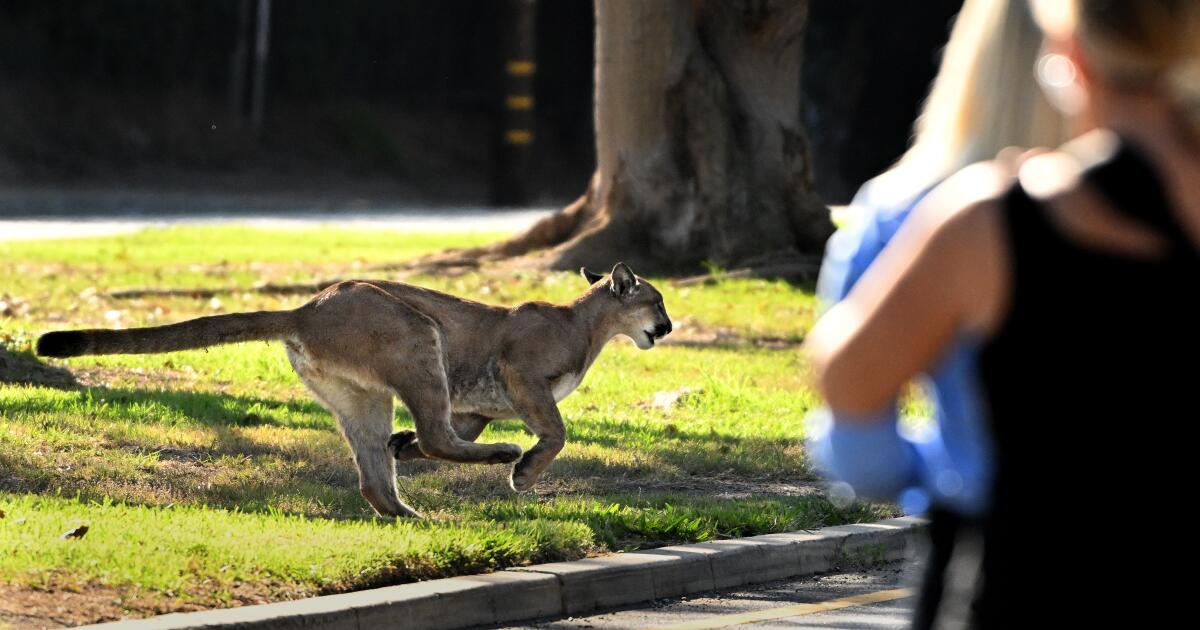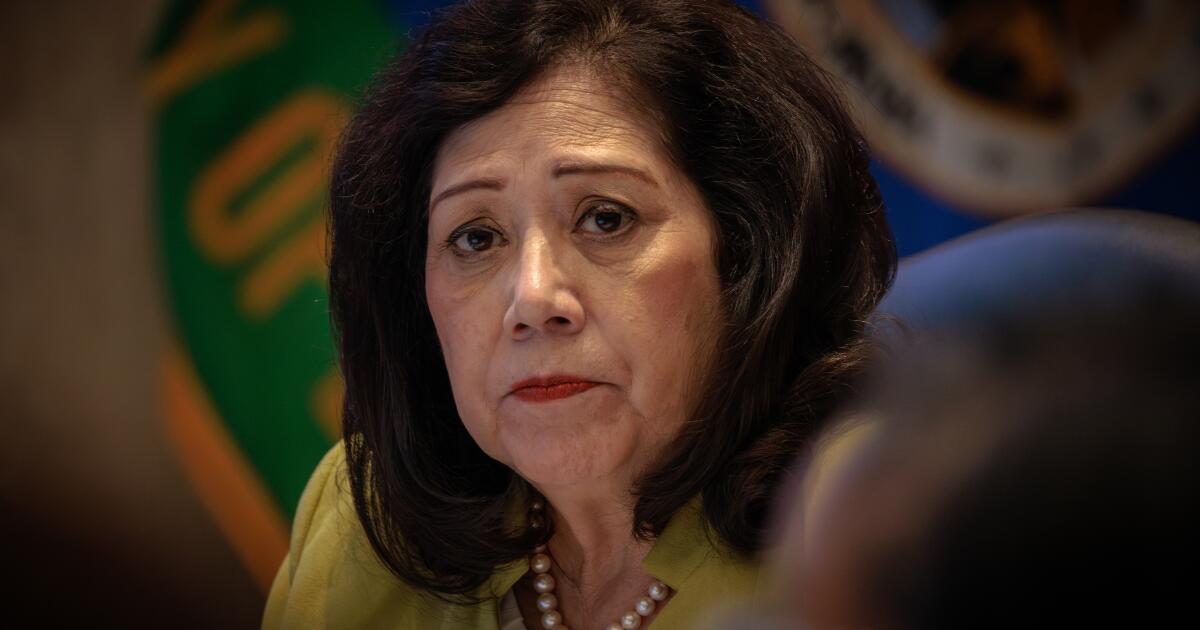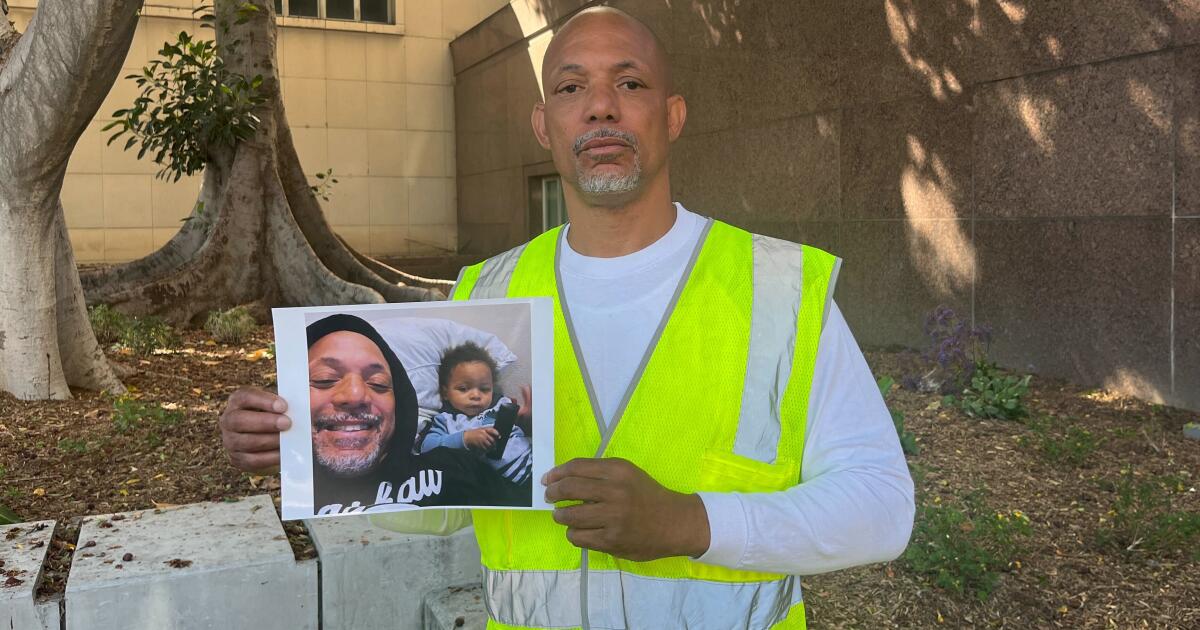For months, residents living near the Chiquita Canyon landfill in Castaic have been sickened by putrid odors that cause headaches, bloody noses, nausea, dizziness, heart palpitations and other health problems.
The source of the odors is a rare chemical reaction deep in the landfill, and the heat and pressure are causing eruptions of hazardous liquid waste and harmful gases. Last month, the U.S. Environmental Protection Agency warned that the landfill poses an imminent danger and ordered the operator to protect the neighboring community while trying to control the “burning event.”
This week, at the request of Los Angeles County Supervisor Kathryn Barger, the landfill operator, Waste Connections, launched a website where residents and businesses can apply for temporary relocation, financial assistance with utility bills and air filtration systems and other home improvements to keep odors out. cornered But this comes after a year of suffering and more than 7,000 odor complaints and 100 violations by environmental regulators. No one can say when the chemical reaction will die down or when residents will get lasting relief.
Residents have filed at least one lawsuit to force the county to close the landfill, but county and state officials say that will not alleviate the immediate risk. The “burning event” is occurring in part of the landfill that was filled and closed years ago.
This is the legacy of a consumer culture that generates trash without thinking, without taking into account what happens to all that waste or the toxic chemicals it may contain. For decades, landfills have been the cheapest and easiest way to deal with the mountains of trash that people throw away each year: just bury it in some canyon.
Now we have to face the consequences, and not just for the neighbors who live next to the landfills. Decomposing organic waste in landfills is a major source of planet-warming methane emissions, which have increased over the last decade because Californians have been pulling more trash. That undermines the State's fight to stop climate change.
Neighbors want to permanently close the Chiquita Canyon landfill. That is the appropriate long-term goal. California is still too reliant on this primitive method of waste management. And if Chiquita Canyon landfill operators cannot stop toxic odors and leaks in a reasonable period of time, then the landfill should close sooner to protect public health and the environment. Why should the company be allowed to continue accepting trash if it cannot safely manage the closed portion of the landfill?
The dilemma is what to do with the approximately 6,000 tons of waste currently dumped into Chiquita Canyon each day. It will most likely be trucked to another landfill in Los Angeles County, possibly the Sunshine Canyon Landfill near Granada Hills. But that landfill has had its own problems, including a backlog of 1,500 odor complaints and about 60 air quality violations last year, Times reporter Tony Briscoe discovered. There is also talk of reviving a plan to transport garbage by train to a desert landfill.
However, these are not meaningful solutions. The simple transport of garbage and its environmental impact to other communities perpetuates the region's dependence on landfills. We have to build a better system that includes more alternatives to landfills, such as waste-to-energy plants, composting facilities, and recycling and reuse programs.
Time and time again, local and state leaders have voted to allow landfills to expand so the region has more affordable trash disposal options. The Chiquita Canyon landfill was supposed to close in November 2019. Instead, the Los Angeles County Board of Supervisors allowed the landfill will be expanded and will operate until 2037or until reaching 60 million tons of waste, almost triple the previous capacity.
What is happening now in Chiquita Canyon is a terrible reminder of the true cost of continuing to bury our trash. Los Angeles and the state must act much faster to end our dependence on landfills.












